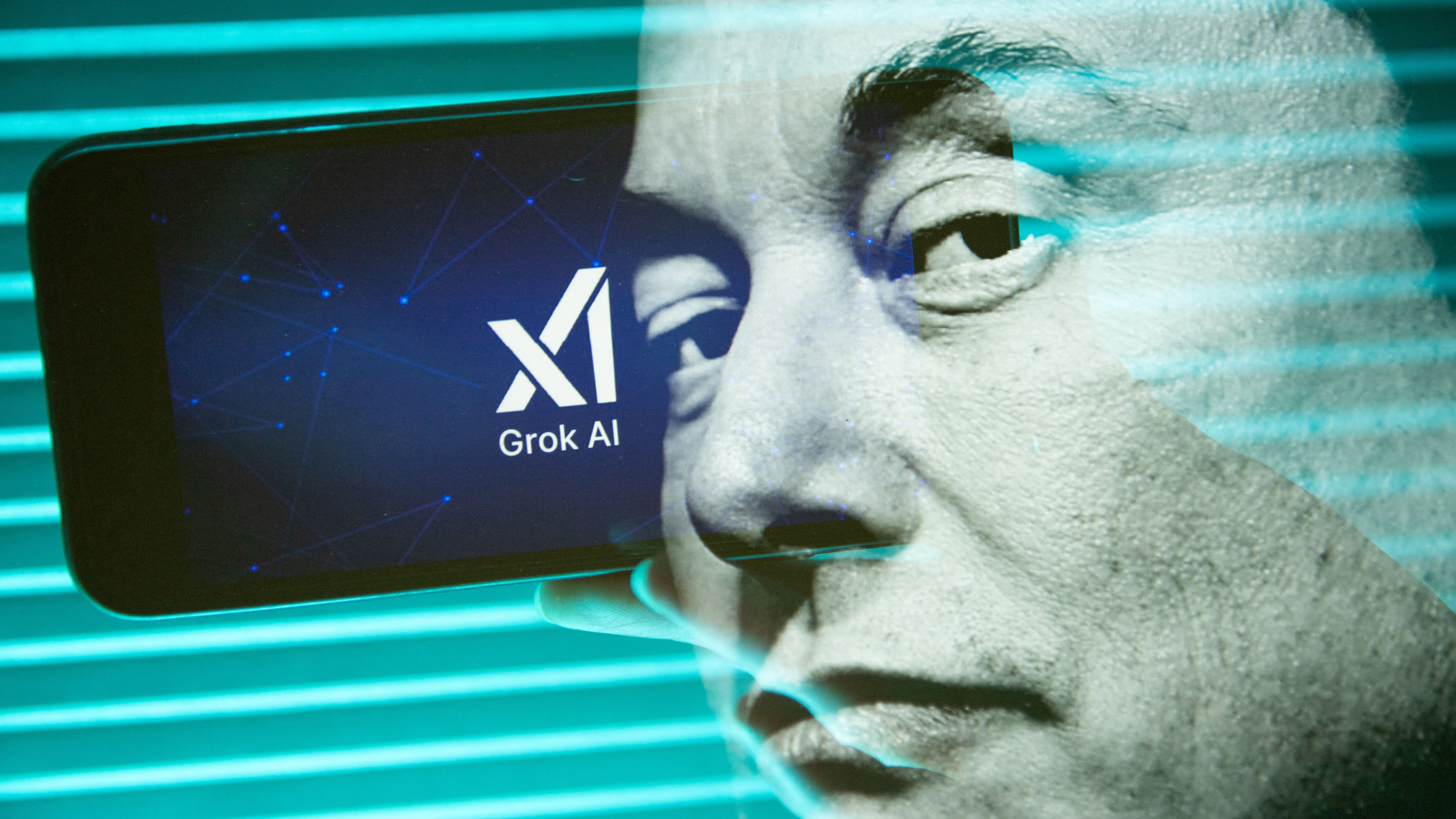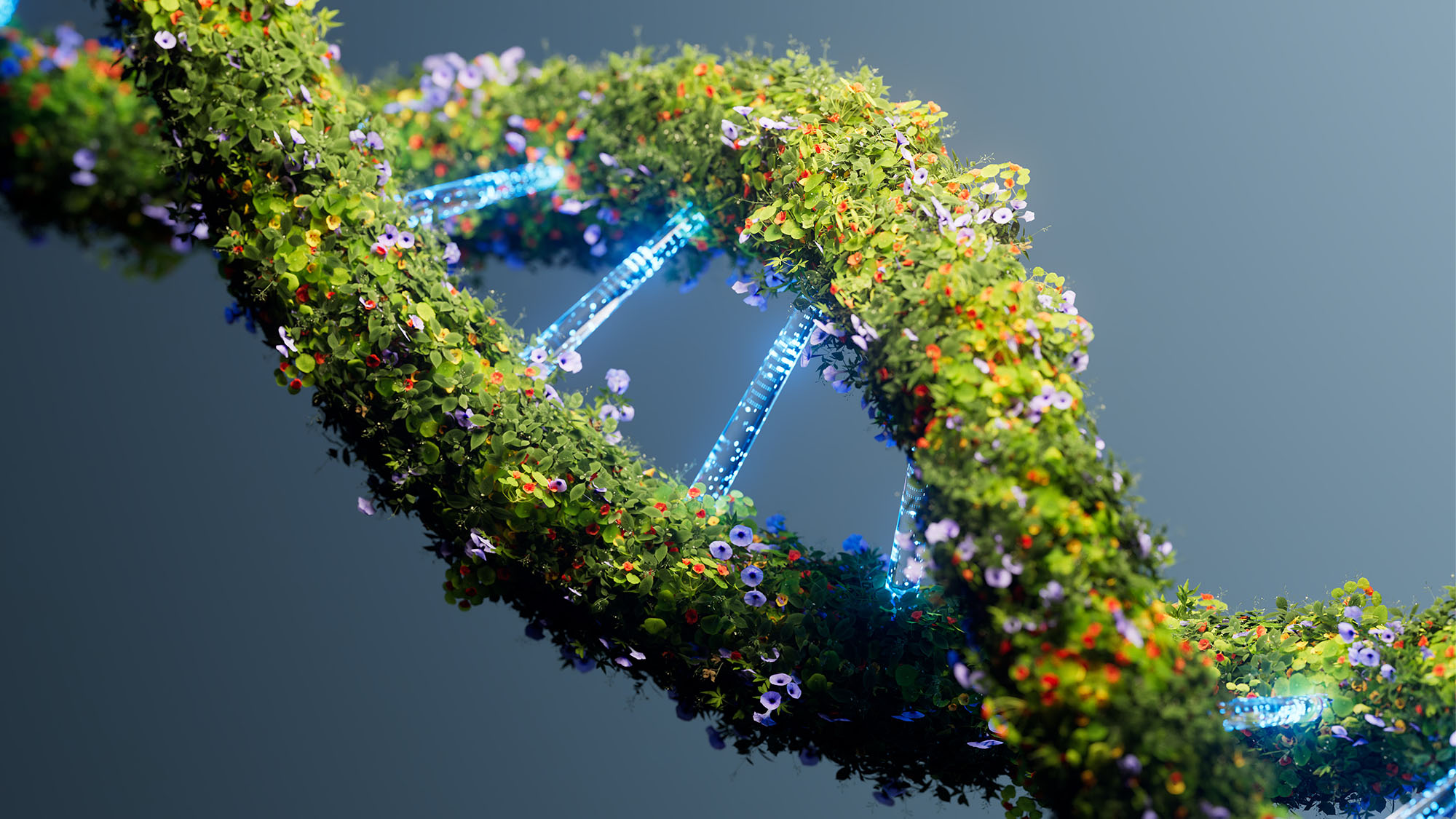The Week Unwrapped: EU vs. Apple, lab-made embryos and power naps
Will the bloc force another iPhone redesign? Why are scientists creating synthetic human embryos? And is napping the secret to better brain health?
A free daily email with the biggest news stories of the day – and the best features from TheWeek.com
You are now subscribed
Your newsletter sign-up was successful
Olly Mann and The Week delve behind the headlines and debate what really matters from the past seven days. With Rory Reid, Rebekah Evans and Suchandrika Chakrabarti.
You can subscribe to The Week Unwrapped wherever you get your podcasts:
In this week’s episode, we discuss:
The Week
Escape your echo chamber. Get the facts behind the news, plus analysis from multiple perspectives.

Sign up for The Week's Free Newsletters
From our morning news briefing to a weekly Good News Newsletter, get the best of The Week delivered directly to your inbox.
From our morning news briefing to a weekly Good News Newsletter, get the best of The Week delivered directly to your inbox.
Apple vs. EU
Another iPhone redesign is on the cards after the European Parliament green-lit new rules that will force Apple and other tech firms to make batteries in their devices “easily” replaceable by users. The latest requirement comes less than a year after USB-C charging ports were mandated by the bloc. How will Apple react and what does it mean for iPhone fans?
Lab-made embryos
Scientists claim to have created the world’s first “synthetic” human embryos from stem cells. The reported development sidesteps the need for eggs and sperm and could aid research into genetic disorders. But concerns are also being voiced about the ethical and legal implications.
Power naps
Short daytime naps may improve cognitive function by slowing the rate at which our brains shrink with age, according to new research. The University College London study linked regular napping with larger brain volume, which is associated with a lower risk of dementia and other diseases. So can siestas really help keep memory loss at bay?
A free daily email with the biggest news stories of the day – and the best features from TheWeek.com
-
 What to know before filing your own taxes for the first time
What to know before filing your own taxes for the first timethe explainer Tackle this financial milestone with confidence
-
 The biggest box office flops of the 21st century
The biggest box office flops of the 21st centuryin depth Unnecessary remakes and turgid, expensive CGI-fests highlight this list of these most notorious box-office losers
-
 The 10 most infamous abductions in modern history
The 10 most infamous abductions in modern historyin depth The taking of Savannah Guthrie’s mother, Nancy, is the latest in a long string of high-profile kidnappings
-
 The Week Unwrapped: Have televised confessions quelled protests in Iran?
The Week Unwrapped: Have televised confessions quelled protests in Iran?Podcast Plus, why has Elon Musk turned from Mars to the Moon? And will the BBC prove to be a puzzles champ?
-
 The Week Unwrapped: Why are there so many Russian ships in the Channel?
The Week Unwrapped: Why are there so many Russian ships in the Channel?Podcast Plus, what does a ‘feminist’ approach to cancer involve? And who is Mickey’s new boss?
-
 The Week Unwrapped: Why is China clearing out its generals?
The Week Unwrapped: Why is China clearing out its generals?Podcast Plus, can the Conservatives win back the centre? And what’s gone wrong with Britain’s hearing aids?
-
 The Week Unwrapped: What can we learn from a tool-wielding cow?
The Week Unwrapped: What can we learn from a tool-wielding cow?Podcast Plus, have we reached ‘peak billionaire’? When should troops disobey their superiors?
-
 The Week Unwrapped: Will Uganda’s pop-star politician prevail?
The Week Unwrapped: Will Uganda’s pop-star politician prevail?Podcast Plus, is dodgy data undermining medical research? And what does a new app reveal about Chinese society?
-
 The Week Unwrapped: Is Elon Musk’s AI tool a platform for abuse?
The Week Unwrapped: Is Elon Musk’s AI tool a platform for abuse?Podcast Plus can Mumsnet predict who will be the next PM? And who is still watching Avatar sequels?
-
 The Week Unwrapped: What’s the cost of PFAs?
The Week Unwrapped: What’s the cost of PFAs?Podcast Plus why is George Osborne joining OpenAI? And has universal basic income finally come of age?
-
 The Week Unwrapped: what’s scuppering Bulgaria’s Euro dream?
The Week Unwrapped: what’s scuppering Bulgaria’s Euro dream?Podcast Plus has Syria changed, a year on from its revolution? And why are humans (mostly) monogamous?